ESI is like 'Inspector Raj', many units don't increase strength beyond 6: TANSTIA
Updated: May 06, 2014 02:38:50pm
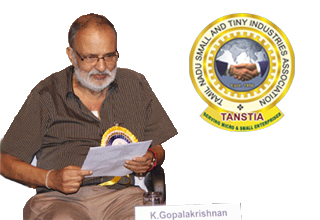
Employees' State Insurance is a self-financing social security and health insurance scheme for Indian workers.
Last year, the government expanded the number of people eligible for ESI, by increasing the salary cap of beneficiaries to Rs 25,000 from Rs 15,000.
In an interview with KNN, TANSTIA President gives his views on ESI and the economic situation of MSME in Tamil Nadu. Here are the excerpts:
1. “The Employee State Insurance (ESI) scheme and service tax is like inspector raj for MSMEs and many don’t increase the strength beyond six to escape the difficulties posed due to ESI and Provident fund.” Please elaborate more about the difficulties.
ESI inspectors come for inspection and thoroughly go through all the balance sheet details, even inspecting trade expenses like cartage which is related to carrying the goods outside for which the micro and small units have to pay ESI subscription. They also inspect other trade expenses, quite unreasonably. This type of harassment is especially hard on micro units whose entrepreneur may have been promoted from being a technician. Not wanting to face such difficulties, they choose not to increase their labour strength beyond six which removes them from the purview of the ESI Act.
2. Last year, the salary cap under Employees’ State Insurance (ESI) was increased from Rs 15,000 to Rs 25,000. Has this move put a burden on the MSMEs?
Increase in salary cap from Rs 15000 to Rs 25000 for ESI will prove to be a big burden for the micro and small units as the employers’ contribution will be quite substantial as most of the employees are either in the supervisor or manager category. The units do not want to utilize the services of the ESI because considerable premium has to be contributed by the employers which is neither utilized by the employees nor the employers properly.
3. Do the employees also want go for other health schemes and not be mandated by ESI. Why?
Today there are so many insurance companies established with a lot of innovative health insurance facilities whereby the insurance companies are providing several facilities according to the needs of their policyholders. In this case making ESI mandatory is unwarranted. Further, in most of the ESI dispensaries, the quality of medical treatment seems to be very poor. In addition, since hospitals are maintained by the stage government while the ESI Corporation comes under central government, there is no coordination between the two.
4. Please comment on the economic situation in the MSME sector in Tamil Nadu.
The small and micro manufacturing sector across the country is facing a severe downward trend even as the micro sector has been affected by severe recession. In addition, infrastructure facilities are inadequate. Further, delayed payments by the major corporates and PSUs greatly affect the small and micro sectors. While the general terms of payment is 60 days, the major corporates and PSUs fail to adhere to this, failing to pay the units even after 120 days. As a result, most of the micro and small units are becoming NPAs and their activities and growth is mutilated by the banks.
Adding fuel to the fire, the frequent price hike of raw materials combined with frequent power cuts and poor response from the banks in providing timely financial help have forced the MSME sector into a corner.
Needless to say, the economic growth of any country is fully dependent on this sector. Unless such problems are attended to properly, the sufferings of the small and micro sector will not come to an end. (KNN/SD/ES)

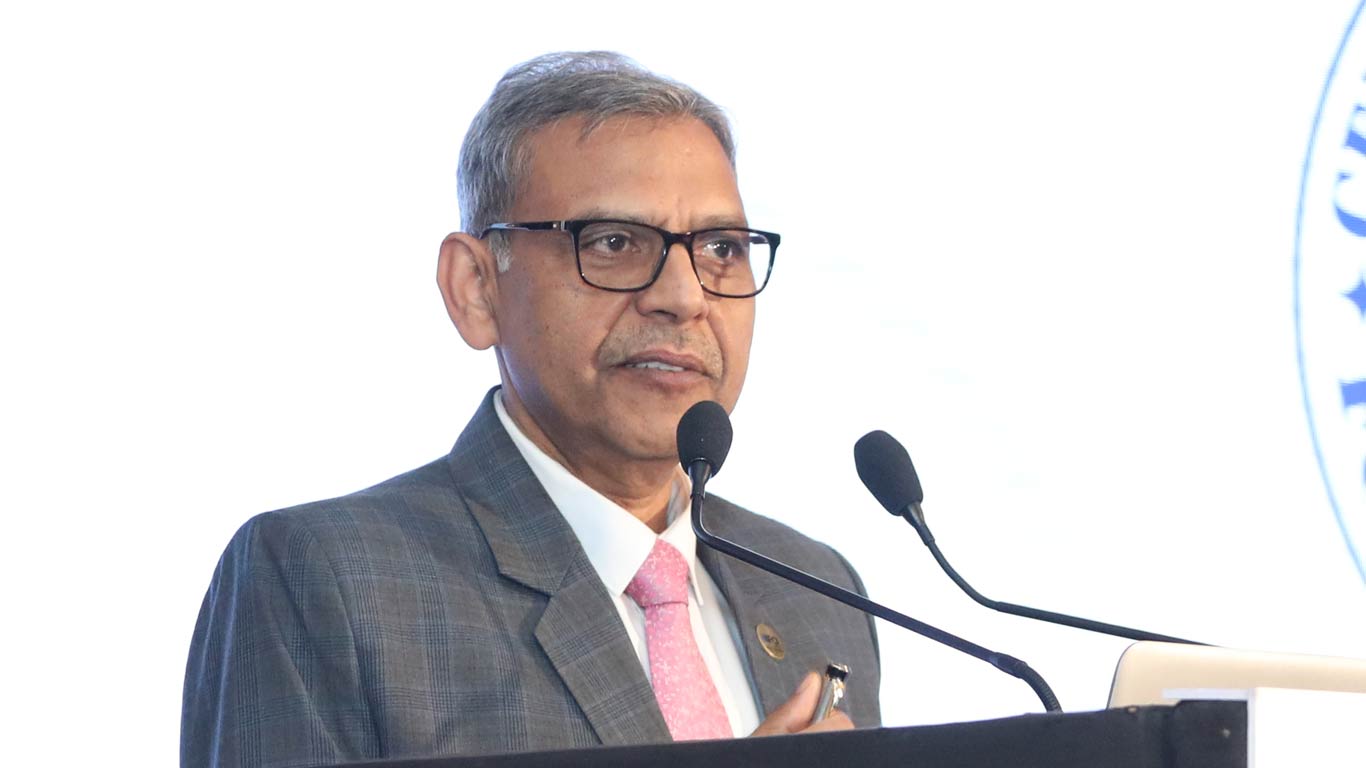
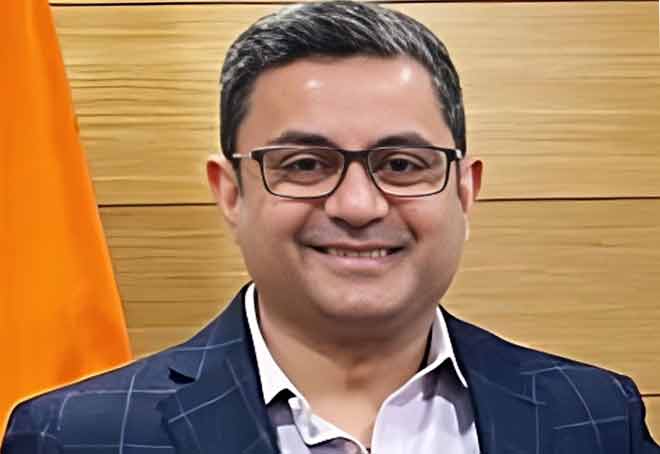
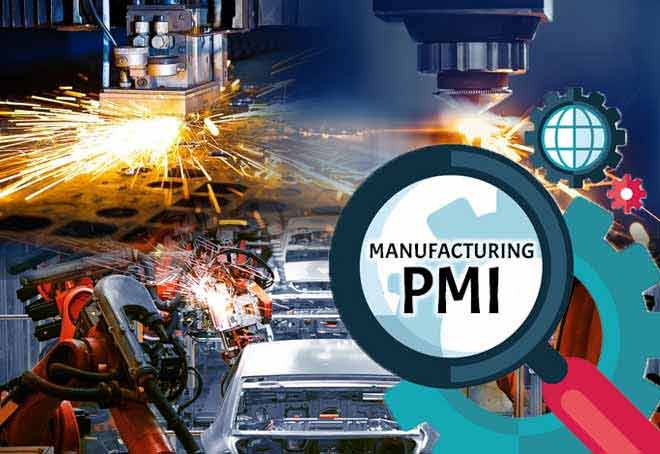
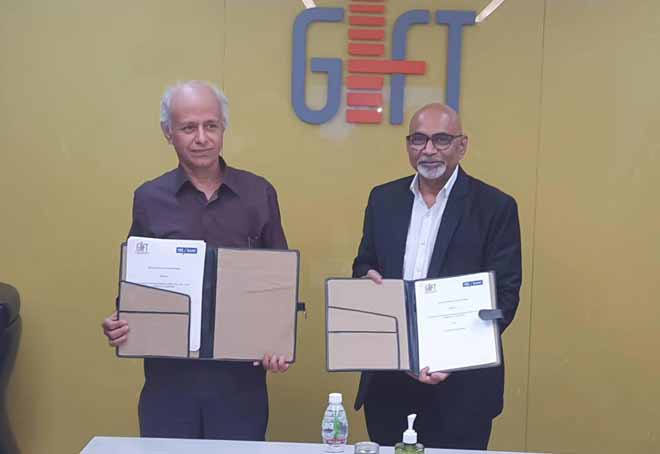
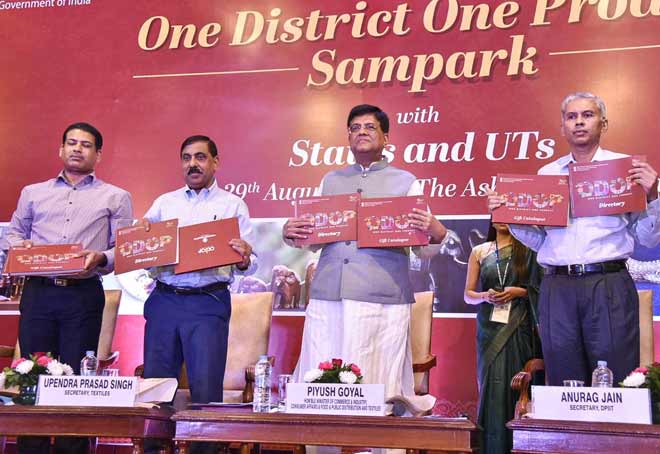





